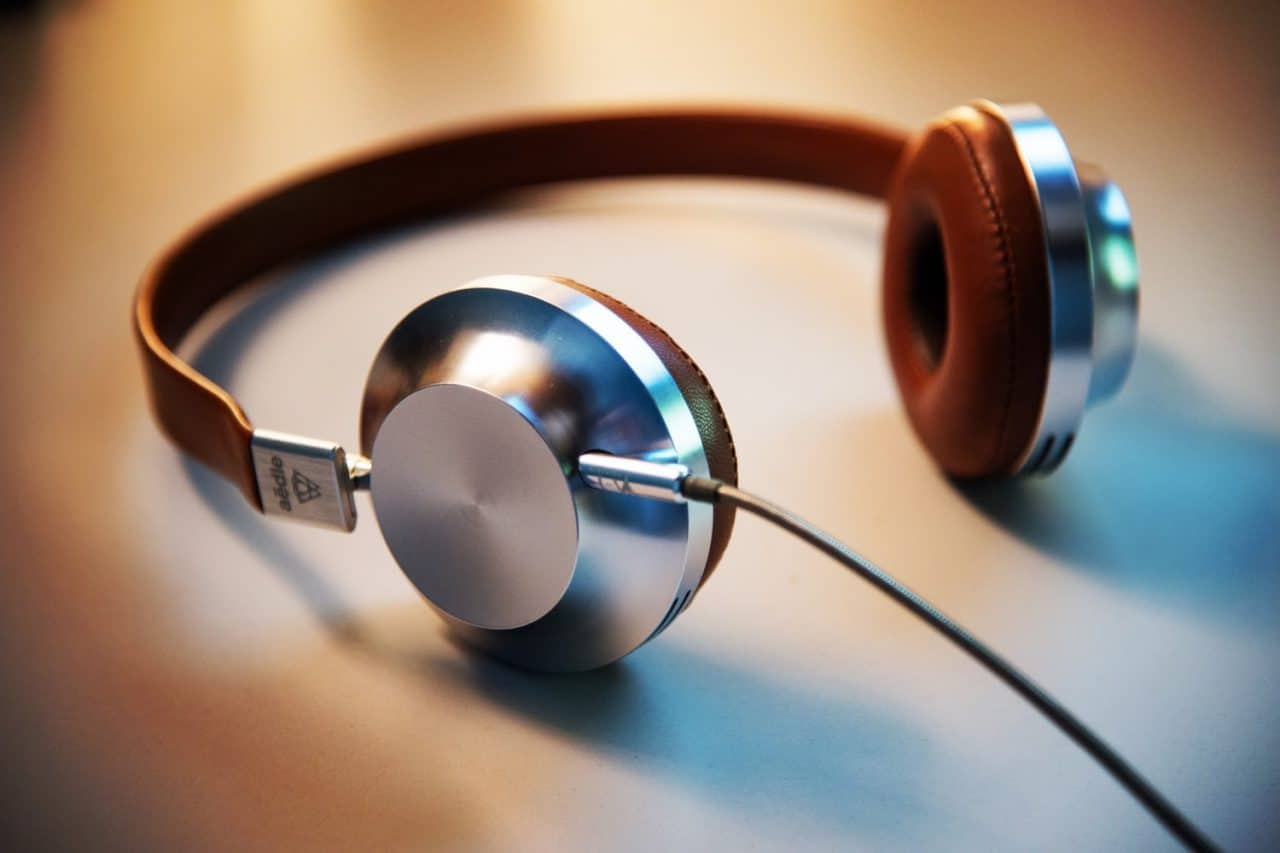Hearing loss is common, affecting roughly 48 million Americans of all ages. But despite its prevalence, not a lot of people know when they have the condition or when they should be tested. While there’s not exactly a one-size-fits-all answer for when you should get your hearing tested, our guide below should help you decide when it’s appropriate for your circumstances.
Testing vs. Screening

Before we go over when testing is necessary, it’s important to know the difference between a hearing test and a hearing screening. Hearing screenings usually take place in your primary care physician’s office and consist of a series of questions to determine whether symptoms are present. If the screener indicates possible hearing loss, you’ll be referred for a hearing test.
Hearing tests are performed in audiologists’ offices, usually in a sound-treated booth. During a pure tone hearing test, you’ll listen to a series of tones at various pitches and volumes and indicate whenever you hear a sound. Other tests, like a speech discrimination test, are similar in concept. The results of hearing tests are charted on an audiogram.
When to Get a Hearing Test
A baseline hearing test is recommended around age 21 for everyone. This will help you monitor changes to your hearing over time. If you have no symptoms and aren’t exposed to regular hazardous noises at work, you only need to be re-tested about every ten years until age 60.
Certain populations should prioritize hearing tests earlier and more often.
Older Adults
Approximately one in three people between ages 65 and 74 have some level of hearing loss. This number jumps to one in two for those over age 75. Get a hearing test at age 60; if you don’t have hearing loss, you can wait another three years. If you do, you should be seen annually.
People with Hearing Loss
If you are diagnosed with hearing loss and wear a hearing aid, you should be tested about once a year or every two years, depending on your audiologist’s recommendation. This is to monitor changes to your hearing so your hearing aids can be programmed accordingly.
Workers in Hazardous Conditions
If you work in construction or another noisy industry, you’re at risk for developing noise-induced hearing loss. Get a baseline exam when you start your career (or as soon as possible) and get regular screenings every year or two. Schedule a full test if your screening shows you’re at risk. For more information or to schedule an appointment, call Hampton Roads ENT today.
